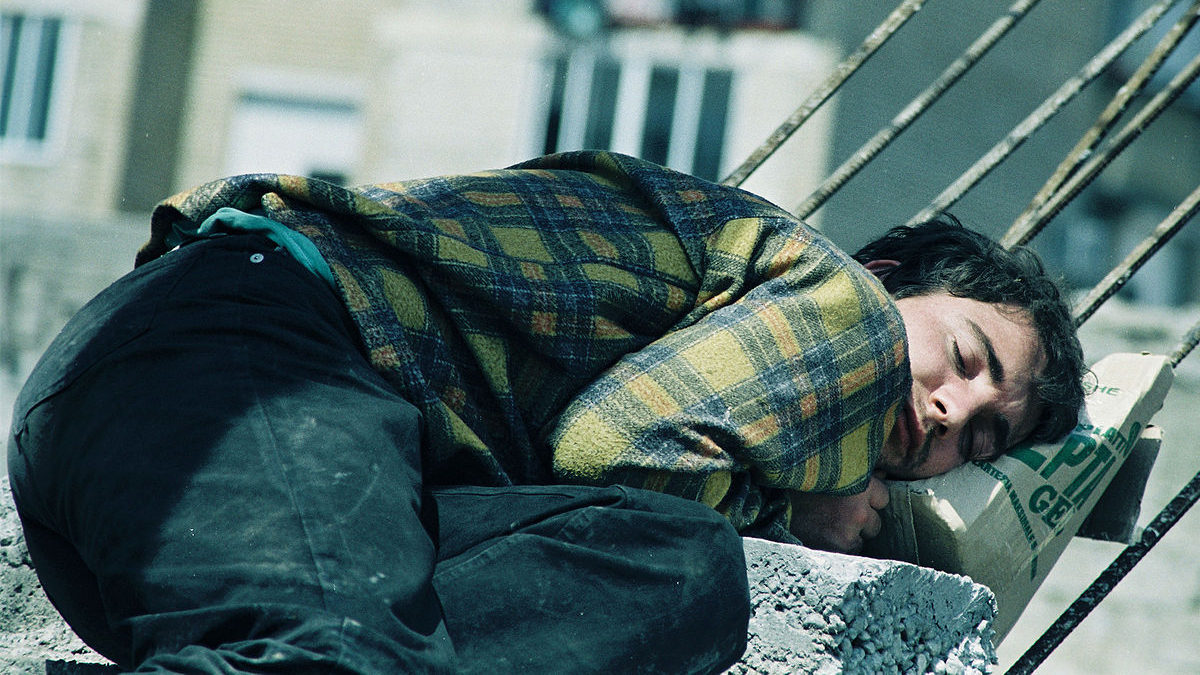 Wikipedia User Lipedia
Wikipedia User LipediaAlmost one in three University of Alberta students regularly have sex to help them fall asleep, but they still don’t get enough according to a new study.
The survey found that another third of students get fewer than six and a half hours of sleep a night, which puts them in a “risk zone” for conditions such as obesity, diabetes, cardiac disease, anxiety, and depression, according to Cary Brown, an author of the study.
“Students come to university to do well, and they need to have a foundation so that they can do that,” Brown, a professor in the Faculty of Rehabilitation Medicine, said. “If you don’t sleep you, can be successful, but imagine how successful you’d be if you had a good night’s sleep.”
Brown said the third of survey respondents that have sex to help doze off were using a good strategy, as sex produces sleep-inducing hormones. She added that those hormone changes can also be achieved through masturbation.
The study also showed that students often read before bed to help them sleep, but Brown said this method can backfire because light from reading on screens suppresses the production of sleep-inducing melatonin. For those who need to read late at night, the effects of electronic light can be reduced by using a blue light-blocking app or by wearing goggles.
“For some students, (goggles or apps) are perfect solutions because at the end of the day people have to use their computers, they’re doing assignments, they’re working,” she said. “We can’t just turn everything off. We have to live in the real world.”
Changing the bedroom to be more conducive to sleep is an important but easy change. Brown said the room’s volume shouldn’t exceed 40 decibels, and white noise can be used to block out loud and unexpected noises which cause the body to produce stress hormones and remain alert.
Brown also suggested students keep their room temperatures 22 degrees Celsius or less, as the core body temperature has to drop in order to fall asleep.
“If you’re too warm and cozy with all your flannelette pyjamas and duvet … you might feel great when you first go to bed, but you’ll never sleep because you’re overheated,” she said.
Brown said she’ll use the study’s results to build on the strengths students already have when it comes to sleep, and to create a sleep education strategy with Student Services.
Sleep deficiency mimics intoxication, and causes risk-taking, unclear thinking, and compromised problem-solving skills and memory. Without a good night’s sleep, students lack the foundation to do as well as they hoped in university, which jeopardizes marks, social relationships, and decision-making, she said.
“People (in university) are juggling not just studies but family, and they’ve got jobs, and sports, and a million things going on.” she explained.
“But when (they’re) sleep-deprived, what (they’re) doing is lessening (their) chances of getting that good future.”




